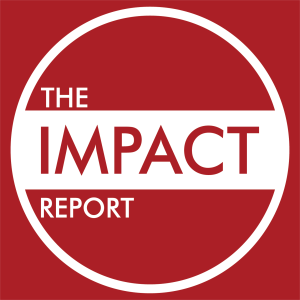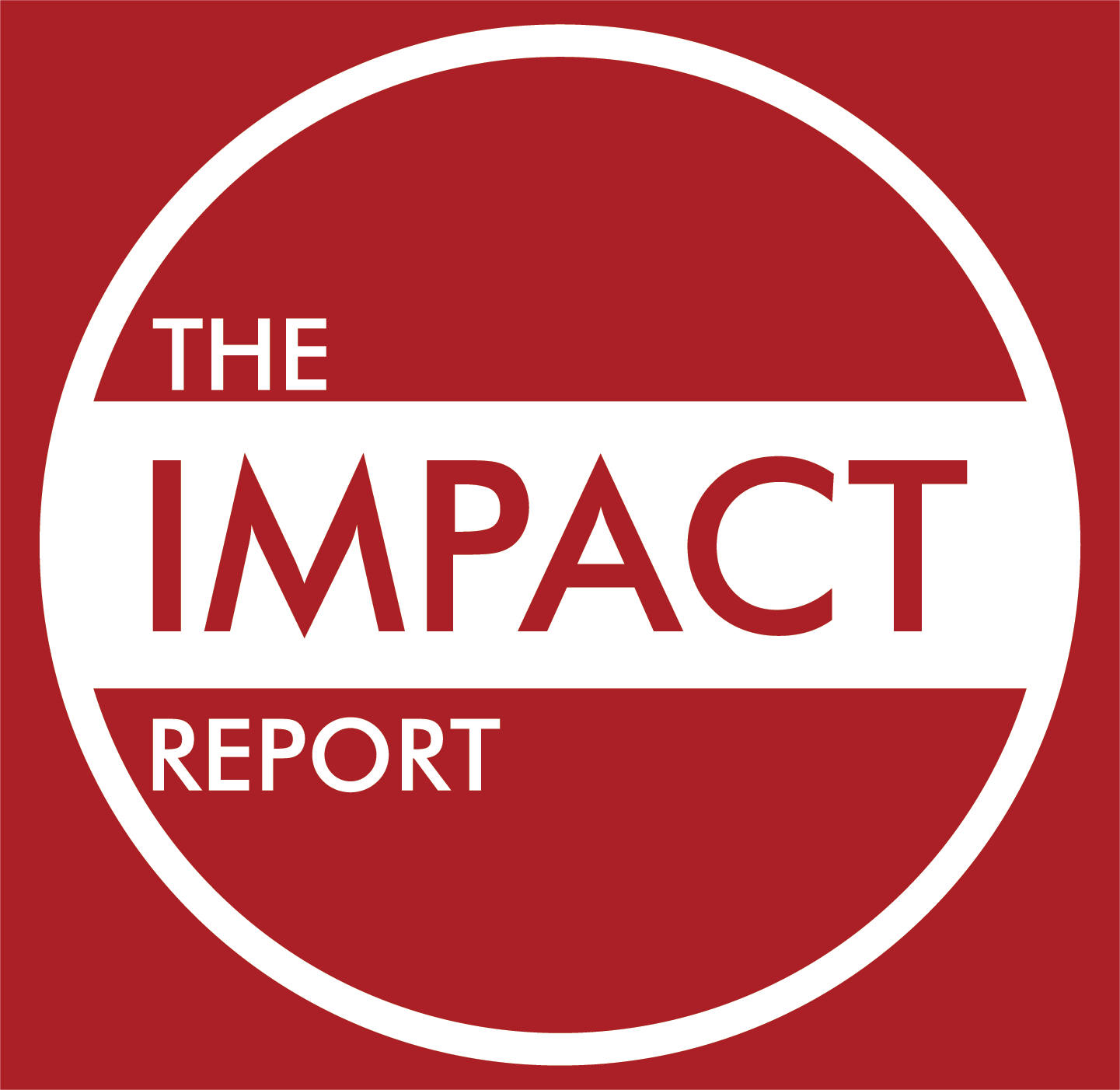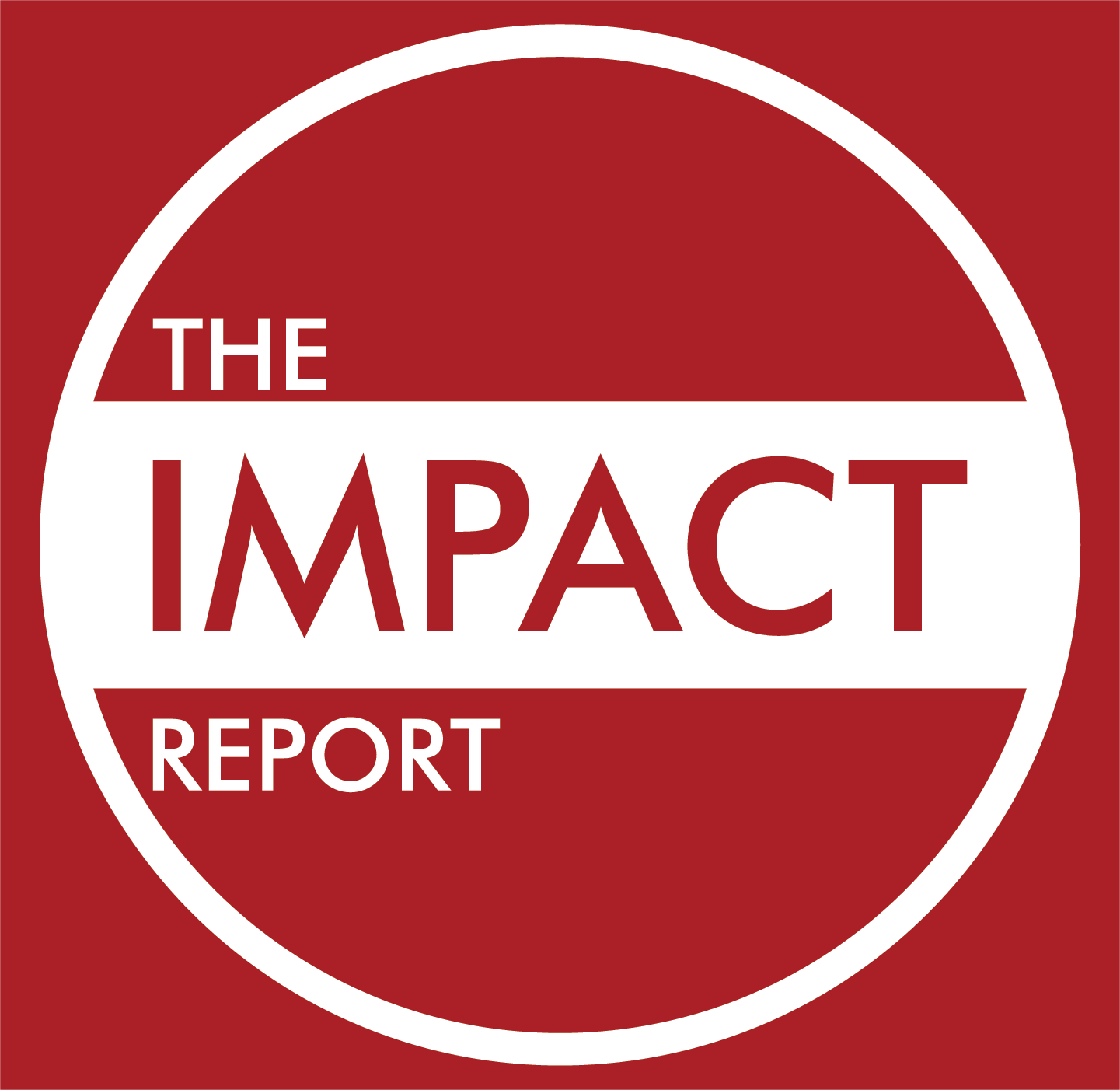Episodes

Friday Nov 16, 2018
#114: Matthew S. Hollis
Friday Nov 16, 2018
Friday Nov 16, 2018
Elytus: In the Business of Wasting Nothing
In 10 years of business, Elytus has aided its clients in saving 175,000 admin hours, 20 million trees, and over $11 million dollars—all through its innovative technology and passion for the environment.
Elytus partners with clients such as Red Robin, Omnicare and Bob Evans to “waste nothing” by managing their waste streams through recycling, diversion or reduced generation. The company’s proprietary software system provides transparency into the waste management process.
Matthew Hollis, cofounder and president, is a mechanical engineer by training, and the company was born out of an incubator experience when he was a college sophomore. He currently manages daily operations, directs corporate strategy, and oversees the continued development of the firm’s software platform.
Bard MBA Alum Heather Bowden spoke with Hollis in May 2018 about Elytus’ journey, its own zero-waste practices, and driving the cultural shift to reuse.

Friday Nov 02, 2018
#113: Hunter Lovins
Friday Nov 02, 2018
Friday Nov 02, 2018
Hunter Lovins On Our Finer Future
Hunter Lovins, President and Founder of Natural Capitalism Solutions, believes that citizens, communities and companies, working together within the market context, are the most dynamic problem solving force on the planet.
A champion of sustainable development for over 35 years, Lovins has consulted on business, economic development, sustainable agriculture, energy, water, security, and climate policies for scores of governments, communities, and companies worldwide.
Time Magazine recognized her as a Millennium Hero for the Planet, and she has won the Rachel Carson and Right Livelihood awards, among dozens of others.
Lovins has co‐authored fifteen books and hundreds of articles. Her best known book, Natural Capitalism, won the Shingo Prize. It has been translated into a more than three dozen languages and summarized in the Harvard Business Review.
Bard MBA Director Eban Goodstein spoke with Lovins about her trailblazing work in sustainability and her latest book, A Finer Future, which was released in September.

Friday Oct 19, 2018
#112: Deb Johnson
Friday Oct 19, 2018
Friday Oct 19, 2018
Moving the Needle Toward a More Holistic and Ethical Fashion Industry
The Brooklyn Fashion + Design Accelerator (BF+DA), a Pratt Institute initiative, is a hub for ethical fashion and design that provides design entrepreneurs, creative technologists and industry professionals with the resources they need to transform their ideas into successful, triple bottom line businesses.
Approximately 15 emerging design businesses are selected to work from the BF+DA. Each year, the BF+DA also serves over 70 apparel production clients, 300 digital fabrication clients, and 4,000 event, tour, and educational program attendees. It’s also recently launched sustainability consulting offerings to further its mission and reach.
Debera Johnson is the BF+DA’s Founder and Executive Director. She also founded the Center for Sustainable Design Strategies at Pratt Institute and has been leading the integration of sustainability into Pratt’s art, design and architecture programs for over 15 years.
Bard MBA’s Lindsey Strange spoke with Johnson about BF+DA, its function as a hub for ethical fashion and responsible technology, and how it promotes triple bottom line values by linking financial success to an ethical and sustainable supply chain.

Friday Oct 05, 2018
#111: Deanna Bratter
Friday Oct 05, 2018
Friday Oct 05, 2018
How Danone North America Became the Largest Certified B Corp in the World
Danone North America—maker of Dannon, Silk, So Delicious, Horizon Organic and Vega, among others—recently became the largest certified B Corp™ in the world for its commitment to social and environmental performance, accountability and transparency.
As a large multinational company, Danone North America demonstrated that certification is attainable, and should be an ambition for companies regardless of size or sector.
Deanna Bratter, Senior Director of Sustainable Development Strategy for Danone North America, led the company’s B Corp initiative. Bratter drives the company's sustainability strategy and programs to support the interconnectivity between the health of people and the health of the planet, and works to amplify the positive impacts of sustainability within business.
She oversees the organization's nature and sustainability focus areas, including commitments to solving climate change, advancing sustainable and regenerative agriculture, managing water sustainably, restoring natural ecosystems, improving packaging and supporting people and communities.
Bard MBA’s Sarah Hutcherson spoke with Bratter about Danone North America’s trailblazing sustainability efforts, including its B Corp journey and the Sustainable Food Policy Alliance.

Friday Sep 21, 2018
#110: Sam Arons
Friday Sep 21, 2018
Friday Sep 21, 2018
Lyft is Working to Reclaim Cities for People, Not Cars
Lyft was one of the first U.S. companies to join former New York City Mayor Michael Bloomberg’s “We Are Still In” movement to declare its continuing commitment to the Paris Climate Accord. Shortly after, it outlined its own Climate Impact Goals, doing its part to address the threat posed by global climate change.
Sam Arons is Director of Sustainability at Lyft, overseeing the company’s sustainability and climate impact efforts. Sam cames to Lyft after 10 years at Google, where he developed the company’s sustainability efforts as Senior Lead for Energy & Infrastructure. Prior to his time with Google, Sam researched wind energy and plug-in vehicles at Williams College and UC Berkeley, respectively.
Bard MBA’s Reed Shapiro spoke with Sam about Lyft’s recent carbon offset announcement, vehicle electrification, and its vision for green cities—which it’s working to reclaim for people, not for cars.
#leadthechange

Friday Sep 07, 2018
#109: Sarah Kauss
Friday Sep 07, 2018
Friday Sep 07, 2018
S’well Proves Sustainability Can Be Stylish
Sarah Kauss launched S’well in 2010 with the belief that a crave-worthy bottle that combined fashion with function would make people stop buying disposable water bottles, thus reducing single-use plastic consumption. Eight years after launching, S’well is the fastest growing woman-owned business in the United States.
Olivia Gossett Cooper, Bard MBA alum and founder of “Today We Will” and Silvr Inc., spoke with Kauss this past Spring about her inspiration for starting the company, how she got to scale, and how style matters in converting users to a sustainable lifestyle.
The Impact Report brings together students and faculty in Bard’s MBA in Sustainability program with leaders in business, sustainability and social entrepreneurship.
#leadthechange

Friday May 18, 2018
#108: Ali Kenney
Friday May 18, 2018
Friday May 18, 2018
Maximizing Positive Social Impact and Minimizing Environmental Impact: An Interview with Ali Kenney of Burton Snowboards
It’s almost impossible to upcycle used snowboards. Because their components—metal, wood, plastic, resin—are tightly fused during manufacturing, the best end-of-life outcome is usually chopped scrap that can be downcycled into fill. Which is why Burton is working with a new recyclable epoxy resin. ReRez allows used snowboards to be disassembled, and each material input to be reccyled into new life.
This focus on end-of-life innovation is just one of the ways that Burton is meeting its ambitious 2020 sustainability goals. From 100% Fair Labor Association compliance in its factories, to the carbon-neutral Burton US Open, to Chill, its youth development program, the company believes that succeeding as a business means succeding at sustainability.
The Bard MBA’s Cory Skuldt spoke with Ali Kenney, VP of Global Strategy and Insights at Burton, for The Impact Report. Kenney proposed and built Burton’s Global Sustainability Department and currently drives the sustainability strategy and platform for the company’s portfolio of brands.
#leadthechange

Friday May 04, 2018
#107: Alice Mann
Friday May 04, 2018
Friday May 04, 2018
Creating New Value Frontiers through Future First Leadership: A Conversation with Alice Mann of Mann Advisors
Organizational psychologist Alice Mann talked with over 60 sustainable business leaders to find out how they’re innovating in the face of today’s global challenges. Her new book, Future First: How Successful Leaders Turn Innovation Challenges into New Value Frontiers, distills what she learned into these five business practices.
In Future First, Mann argues that the three biggest challenges we face—climate change, resource scarcity, and social dynamism—offer opportunities for business to get out ahead of tomorrow’s market demands and beat the competition, while making a positive impact on the world.
The Bard MBA’s Heather Bowden spoke with Mann about her work and Future First for the Impact Report.
#leadthechange

Friday Apr 20, 2018
#106: Michael Vandenbergh
Friday Apr 20, 2018
Friday Apr 20, 2018
Beyond Politics-The Private Sector Steps Up on Climate Change: A Conversation with Michael Vandenbergh
Michael Vandenbergh points out that 70% of us think that companies should be doing more on climate change. The good news, as he also points in his new book, is that the private sector is rising to that challenge.
Beyond Politics: The Private Governance Response to Climate Change makes the case that the private sector can fill the environmental gap created by partisan politics. Vandenbergh and co-author Jonathan Gilligan highlight the emissions reduction initiatives of prominent firms like Hewlett Packard and Mars, Inc., and they call for further corporate action on a low-carbon future.
Vandenbergh, the David Daniels Allen Distinguished Chair of Law at Vanderbilt University and director of its Climate Change Research Network, figures that the private sector can eliminate a billion tons of carbon emissions each year over the next decade. As he says, it’s a number that would matter.
The Bard MBA’s Sarah Hutcherson spoke with Vandenbergh about his his work and Beyond Politics for the Impact Report.
#leadthechange

Friday Apr 06, 2018
#105: Casey Grey
Friday Apr 06, 2018
Friday Apr 06, 2018
“Conscious” Construction Builds Better Homes: A Conversation With Casey Grey of the Conscious Builder
Casey Grey argues that you may not be able to build or renovate a home 100% sustainably, but
that you can do it 100% consciously.
Through his company, The Conscious Builder, Grey advocates making “conscious” construction
decisions to create a positive, lasting change. He and his team focus on building and renovating
homes that are cheaper to operate, better for the environment, more comfortable, and healthier
for the families who live in them.
And Grey practices what he preaches. His own home is net zero, producing at least as much
energy as it consumes, and is built to the energy efficiency standards of the Passive House
Institute—although, as he explained to the Bard MBA’s Sven Thiessen, it also features a big rain
showerhead in the master bathroom.
Thiessen spoke with Grey for The Impact Report about the costs of sustainable versus traditional
construction, how he’s grown the company, and what he sees as the future of the industry.
#leadthechange

